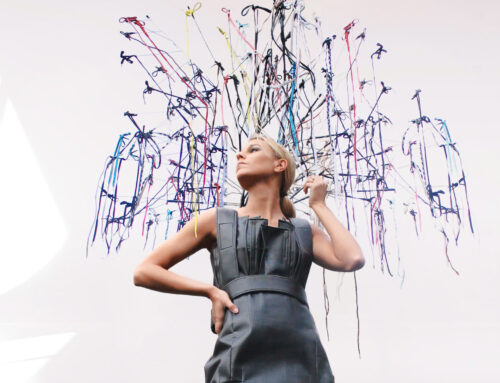Back in seminary, most of us had part-time jobs. We stuck them in the cracks of our already-busy academic schedule — late afternoons, early mornings, weekend Saturdays, and during the summers when we weren’t taking either Hebrew or Greek.
Mine were a combination of moving furniture for Princeton dormitories, sorting alumni records for the seminary, and lifeguarding at the pool at the married student housing complex.
My friend Craig Dykstra also spent some of his extra-curricular time in the pool, only his job was spending his Saturday mornings teaching 5-year-olds to swim at the local YMCA.
To this day, I can remember Craig’s dilemma: How does one go about teaching a group of shivering 5-year-olds, perched at the edge of the pool, to actually swim?
One possibility, Craig recounted, was to throw them all in and hope they would catch on quickly. That option was scrapped, for obvious reasons. The second plan was to sit them down and lecture them on swimming technique. That didn’t work either.
It was the third option that had merit. Craig would take the little ones into the pool, one at a time, and gently hold them on the water. Gradually, they would relax and trust their teacher not to drown them.
Then came the real secret. Little by little, Craig would let them go, enough so that they began to feel the natural buoyancy of the water, and ultimately trust that buoyancy. Once they trusted the water, learning to swim was a cinch.
Craig is now senior vice president for religion of the Lilly Endowment in Indianapolis. Instead of spending his time teaching kids to swim, he is busy overseeing the largest such endowment in the world. His particular interest is in what makes for spiritual formation — how people become mature believers.
Recalling his seminary work with 5-year-olds, Craig sees some similarity in what he is doing now. Growing spiritually, Craig says, is not unlike learning to swim; and the main task is to help each other learn to trust “the buoyancy of the grace of God.”
Such growth usually only comes at those times when there is little else holding us up. That’s why it is in crisis and pain that we tend to grow spiritually, rather than the times when all is well. Then we learn to trust that grace can hold us up and keep us from sinking.
I’ve thought a lot about Craig over the years since our seminary days. I’ve thought of him every time I’ve stood with some struggling soul, standing neck-deep in the rapids, wondering whom or what they can trust.
And I have been glad to witness those many good people who have held them securely in the gift of grace, upheld by prayer, love and simple caring … and the lesson that, in the end, we can trust grace to keep us afloat.






